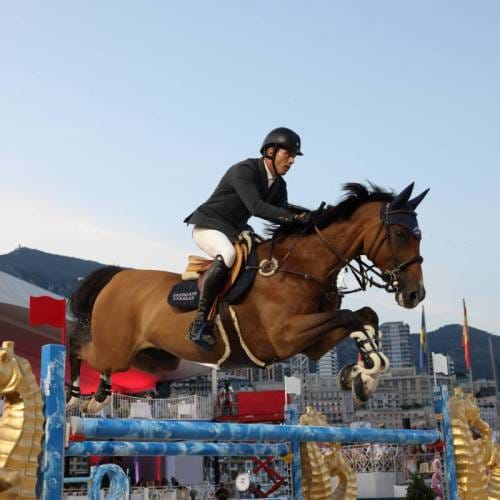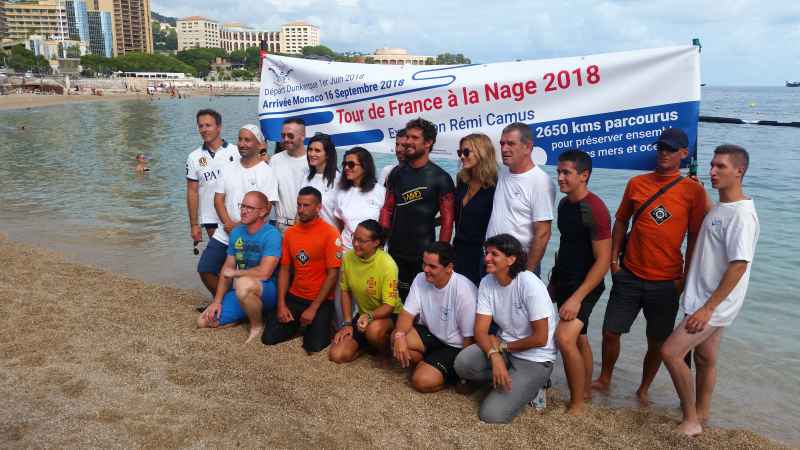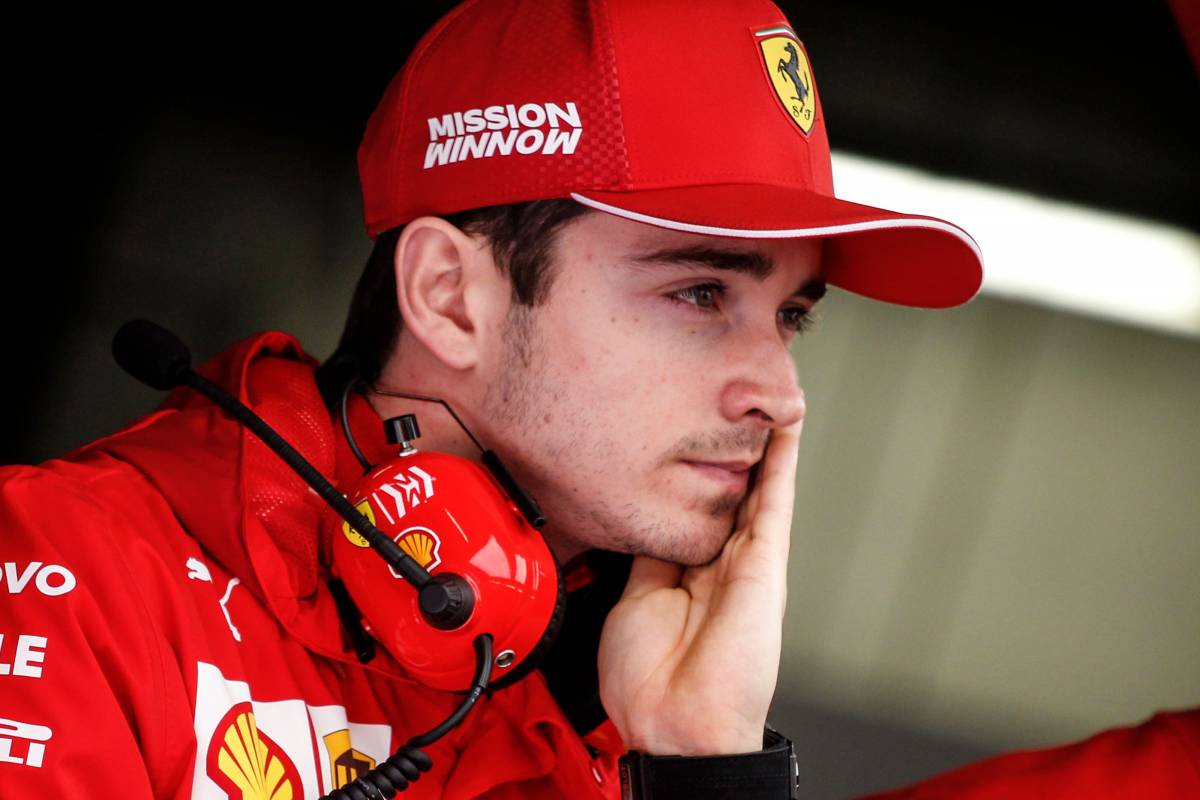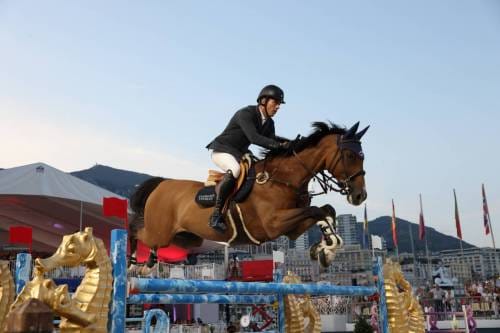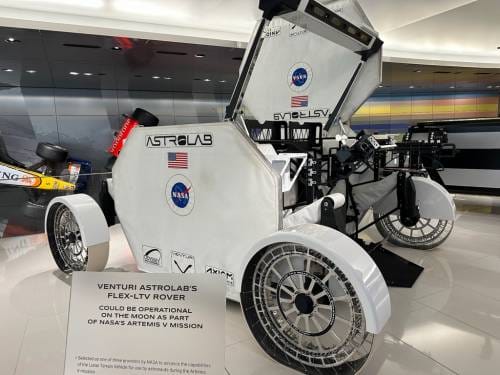If someone proposes you to swim along the French coastline for 3 months and half at a rate of 10 hours per day spent in the seawater, would you take up the challenge? On the assumption that nothing is impossible if you really want to, Rémi Camus, a French smart adventurer, just turned 33 years old, started his personal Tour de la France à la nage (@tfn_2018) in Dunkerque, at the beginning of June 2018. A 2650 km swim marathon, divided in 91 steps, bearer of a strong environmental message. Water is an essential source to be preserved to guarantee our ecosystem as well as our survival, so that there is an urgent need both to ensure a reasonable access to safe water and to protect sea water from marine litter.
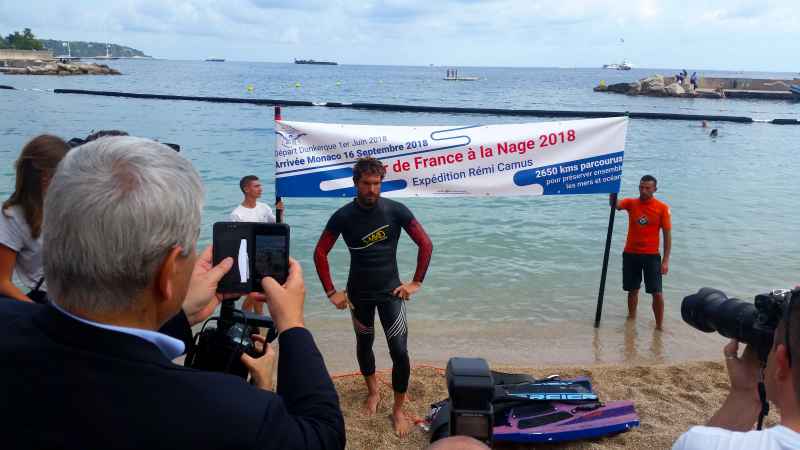
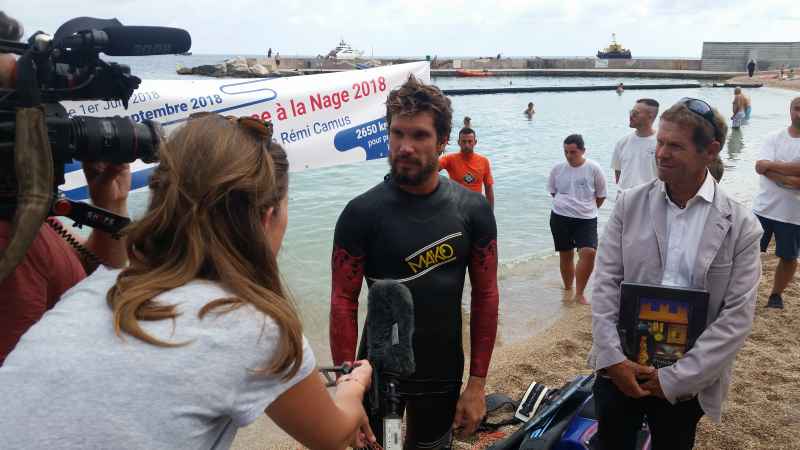
Something he never stopped to communicate to all people he met during the tour and within his association, ‘Expedition Terre Inconnue’. “What happens over there, concerns us and vice versa”, that is the core of his eco-centric philosophy.
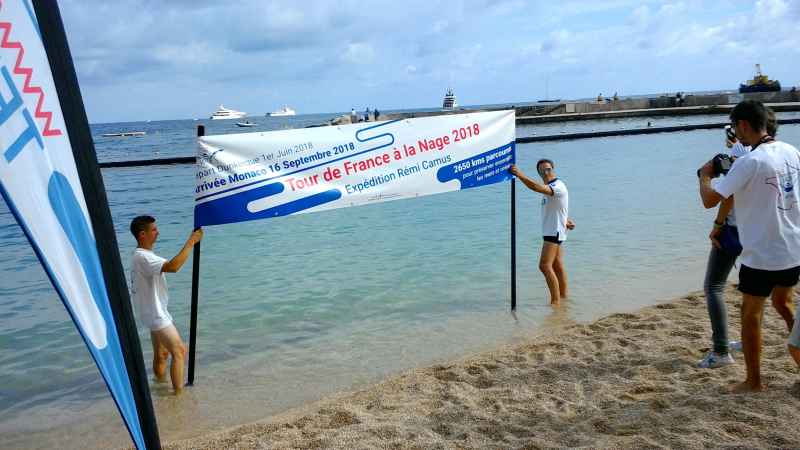
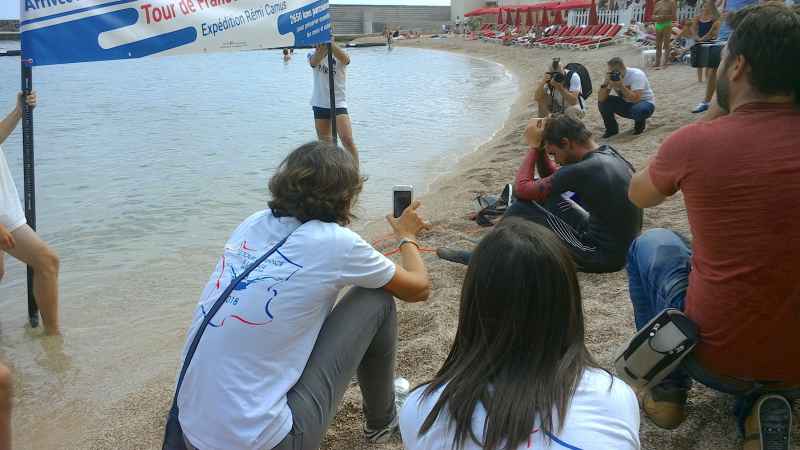
Coming off a successful experience at “Wild”, iconic M6 TV Program, and further breathtaking missions throughout Australia and River Mekong, Rémi crossed perfectly on time the finish line at the Larvotto beach, last Sunday (16th September 2018) in presence of Jacques Pastor, Sport and Leisure Counselor at the Municipality of Monaco, and a great public of supporters. A final rush from Eze-sur-mer to the Principality which rewarded his psycho-physical determination to achieve a target which means a lot to him. You could tell from his eyes even before expressing his gratitude to the whole technical team (more than 25 people), his father and his beloved. He spent some minutes in complete silence staring at the Sea almost to thank respectfully the Blue World for reaching the goal.
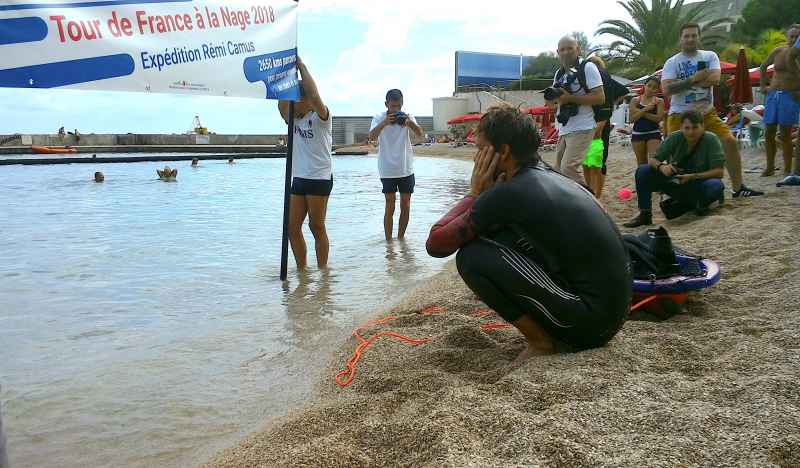
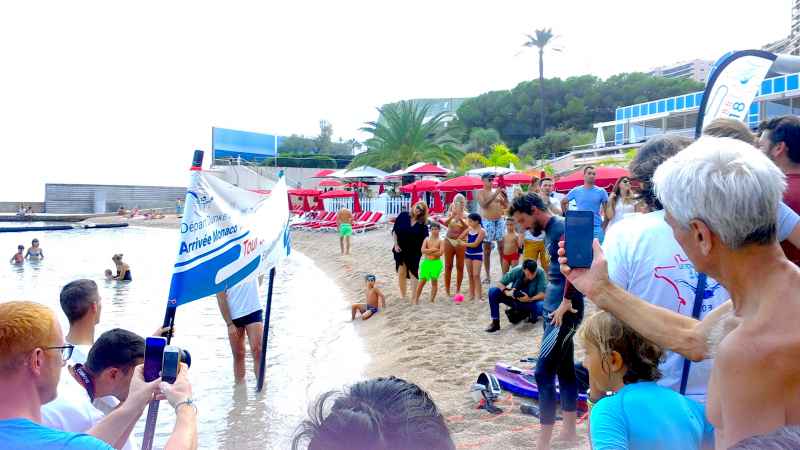
A life eco-mission which comes before a tough physical test by the will of his protagonist who had been training his muscles up to 4 hours per day for several months to face ocean streams, changes in water temperature and unexpected weather conditions, equipped with a 2 meters high-tech surfboard and “fueled” mainly by liquid food to avoid digestive problems. An extreme challenge naturally embraced by Rémi.
But what did he get from his eco-adventure? HelloMonaco asked directly to him at his arrival in Monaco.
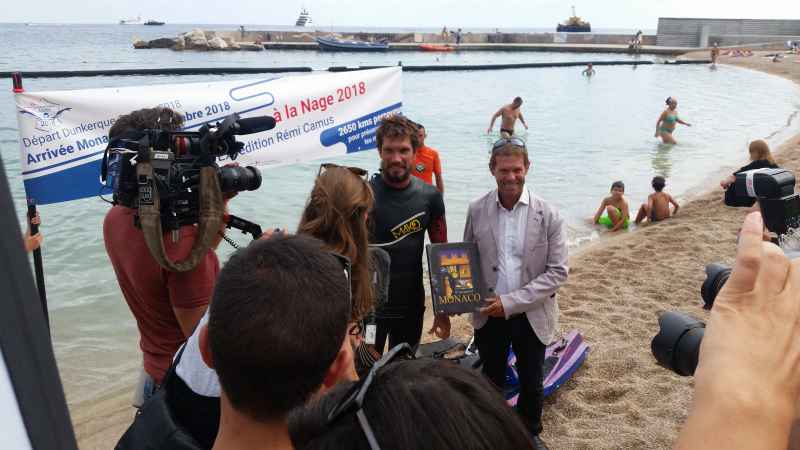
HelloMonaco: Did you find some environmental critical situations all the way along?
RC: From the very beginning of my project, I thought France wasn’t the best place to recover marine waste due to non-favourable sea currents. Since I started to swim in the ocean from Dunkerque I have never stopped to collect any kind of plastic. The first criticality was north of Le Havre where I found an open-air landfill in close proximity to the cliffs as a consequence of throwing garbage from the top of the rocks. A great risk for marine biodiversity. Secondly, I met severe pollution due to hydrocarbon accumulations near most of the harbours. Last but not least, I found a concentration of plastic objects of all sizes just in between Bayonne and Hendaye (close to the Basque Country) wiped out from Spanish coasts and rivers, the main water ways for human litter. A great responsibility to be solved by the local authorities regardless of their origin to preserve a sustainable coastal economy. Someone has to solve that problem! Each Country has its own environmental laws and infrastructures which must be used.
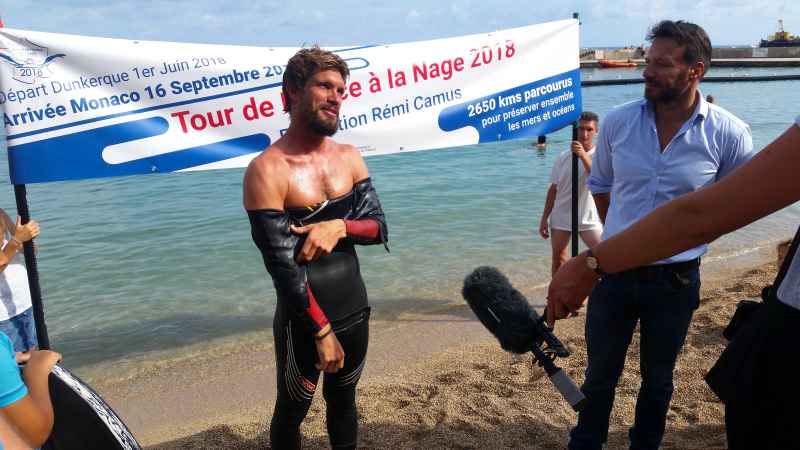
HelloMonaco: What about the situation in the Mediterranean Sea?
RC: At the very moment I entered the Mediterranean Basin towards my final destination in Monaco I found a staggering amount of plastic waste floating in the sea, including the Baie des Anges (Nice) which is deeply influenced by strong marine currents coming from the Italian Riviera. Talking about marine litter is not a matter of garbage nationality but of responsibilities of each of us. Most of people I have met in my tour are already aware of that. Consider that in France 10 kg of human waste is poured into the sea every second! It is very important to communicate to all stakeholders and students to increase their eco-awareness on the importance of guaranteeing a sustainable water management.
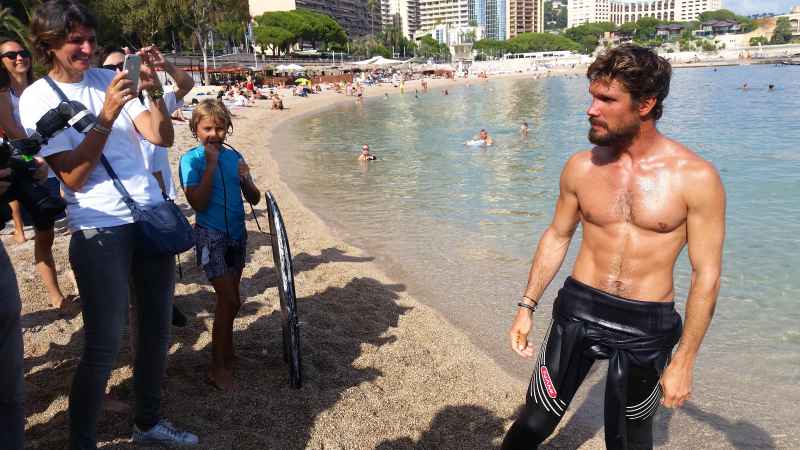
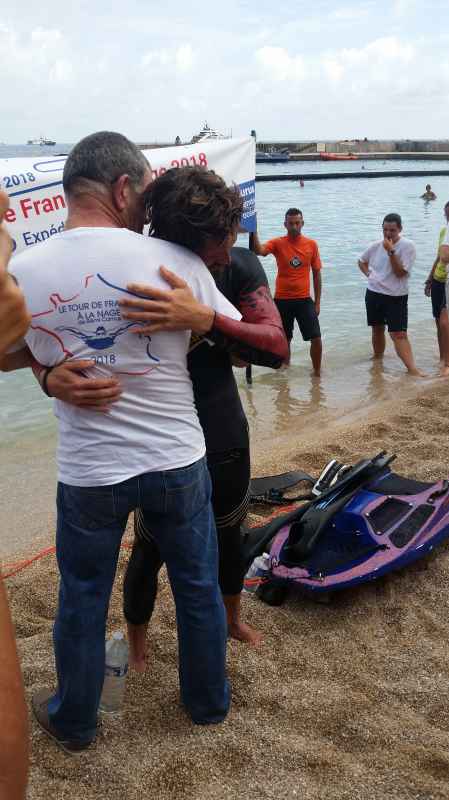
HelloMonaco: If you were asked to sum up in one sentence your eco-mission, what would you say?
RC: “Daring is winning”. I have been using this catchphrase for a long time since I think this is a core value of life which makes you learn how to be successful. Nothing is perfect, nothing goes on the way you expect. Despite that here I am in Monaco. It was a long way to achieve this goal but I did. Everyone can achieve what he seeks through right tools.
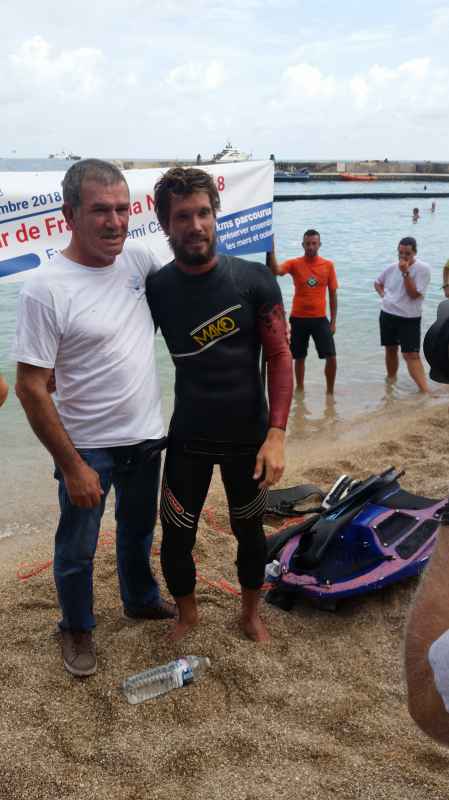
A win-win story with a happy ending, a final conference at the Musée Océanographique on Monday afternoon (17th September 2018) where Rémi had the honour to meet H.S.H. Prince Albert II of Monaco. And the show must go on. We are quite sure that a new remarkable project is around the corner for Rémi. Stay tuned!

